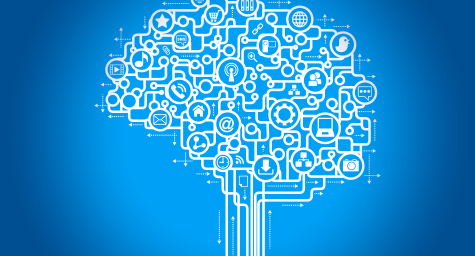
“Big Data” has been a big buzzword for the past several years, but organizations weren’t really sure how to tackle it. It’s really been in the past two years that these organizations have been able to use this data to find new insights to improve or make actionable changes.
Read This: New smartphone attachment can detect cancer
Let’s look at healthcare for example. Over the past decade, there has been an unprecedented amount of information collected around patient care. Today, data is being streamed from almost every aspect of daily life. Mobile applications, health monitors, personal fitness trackers, various sensors, social media and electronic medical records are all vast sources of data. In healthcare, there has also been a massive initiative to fully digitize patient healthcare records. The U.S. government is also making massive amounts of data public through initiatives such as data.gov. The quantity of data is not the revolutionary aspect but rather what we can do with the data.
New tools and platforms pop up almost every day to help healthcare leverage this ever-expanding set of data in ways that we never previously imagined. As these tools and adoption evolve, it will allow us to understand the current state (and possibly the future state) of healthcare from a much wider perspective. This, in conjunction with rapid feedback, has the potential to completely change our healthcare experience.
By leveraging big data properly and delivering it in context of users workflows, doctors will be able to, for example, determine who is at risk for diseases like diabetes or certain types of cancer and provide preventive care. There is also the potential to radically change:
- Insurance reimbursement models – what are the correct ways to fairly reimburse doctors
- Patient satisfaction metrics – what defines better care?
- Risk identification and mitigation – how to lower remittance rates
- Staffing and planning
- Drug and vaccine development
Businesses, marketing, and even political campaigns have been using analytical tools to look at this vast amount of information in new and valuable ways, ranging from detecting fraud to more effectively spending advertising dollars. Healthcare has traditionally lagged behind these other sectors due to concerns around patient confidentiality, but that may change soon.
In healthcare, this could mean better options to treat, prevent, and anticipate illnesses or better identify patients at risk. For example, different drugs may work with varying levels of effectiveness on different populations of patients. Providing access to these tools that leverage more than the data and are embedded within a physician’s workflow can help facilitate better decisions. A lot of these breakthroughs are already happening, but it is really only be beginning. And soon enough big data will just be data.
Article Source: log analytics
